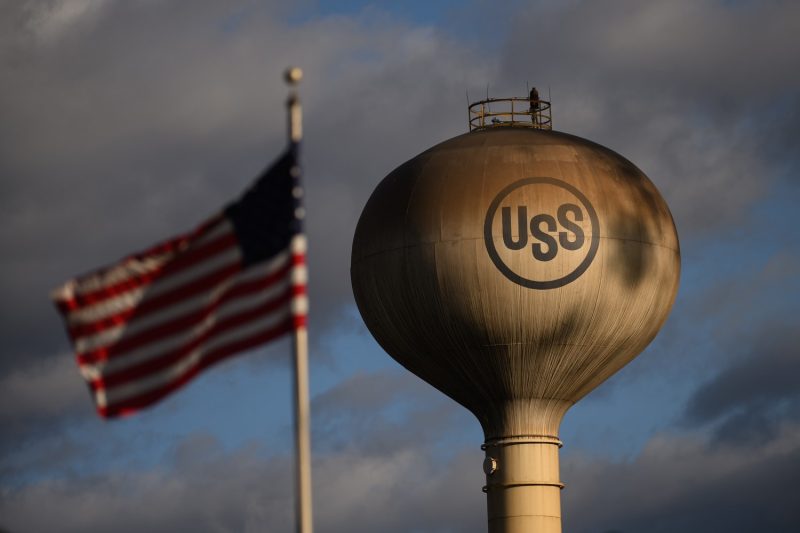The Biden administration is preparing to block the proposed sale of U.S. Steel Corporation to a Japanese firm, which could be a landmark decision with wide ramifications for the steel industry and international trade relations.
This strategic move from the Biden administration indicates a major pivot in policy, reflecting the broader goals of preserving domestic industrial production, maintaining national security, and protecting American jobs. These objections by the Biden administration highlight the importance they place on securing domestic supply chains, especially in critical areas like steel production.
The sale of U.S. Steel had been proposed to Nippon Steel, one of Japan’s top steel producers. The deal would involve billions of dollars and if approved, it would give the Japanese company a considerable stake in America’s steel market. However, these plans may soon be thwarted following the U.S government’s planned intervention to block the acquisition.
President Biden’s approach to this situation can be traced back to his commitment to strengthen the U.S. manufacturing sector as voiced during his 2020 election campaign. A sale of U.S Steel to a foreign company would ultimately affect the strength of the American steel industry. The government’s concern is that this could lead to job losses at home and might also adversely impact the capacity of the U.S to maintain its infrastructure, and even its military readiness considering steel is a crucial material for defense.
The government’s intention to block the sale is a dominant expression of protectionism. It brings into sharp relief the administration’s view on foreign involvement in pivotal industries. The proposed deal had been seen with much criticism from various American stakeholders, including labor unions that questioned the sale’s impact on local jobs and the domestic economy.
The decision to oppose the deal can also be understood in terms of geopolitical and economic competition. Japan, as the world’s third-largest economy and a significant global player in the steel industry, gaining control of U.S. Steel might tip the balance in global steel markets. Thus, the prevention of this deal could be perceived as an attempt to maintain balance and ensure global competitiveness.
Furthermore, blocking this transaction could have a ripple effect beyond just the steel industry. It may prompt other countries to reconsider their domestic policies towards foreign investments and trade. This could reshape international business dynamics and create new norms for cross-border acquisitions and investments.
Nevertheless, there are critics of this decision who argue that it may have negative implications in the form of strained diplomatic relations with Japan, which is one of America’s most loyal allies.
In essence, while the decision of the Biden administration to block






























